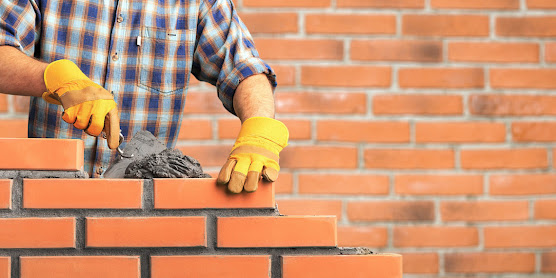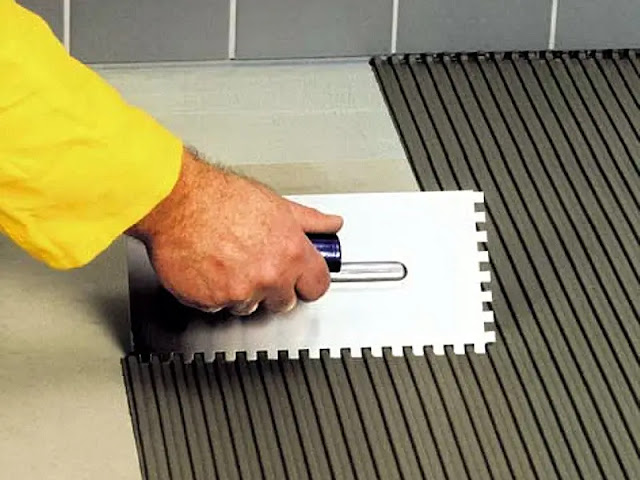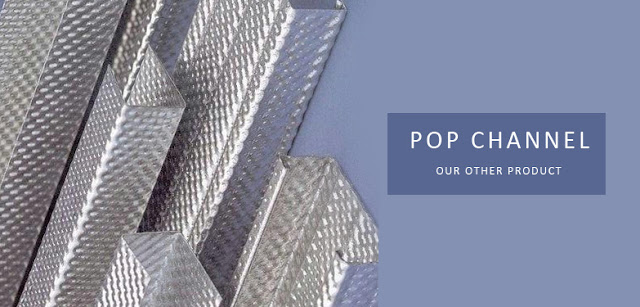What to Consider When You Want to Find the Best Block Joining Mortar?
Choosing the Best Block Joining Mortar
There are many factors to consider when selecting the best block joining mortar. The type of substrate, the type of block joining method, and the required viscosity all play a role in determining which mortar is best for a given application. Here are some tips to help you choose the correct mortar for your project:
1. Consider the substrate. Block joining mortars are designed to join two types of materials: concrete and masonry. These mortars can be used on both smooth and textured surfaces. Concrete block joining mortars are available in both liquid and powder form and come in various viscosity levels. Powder form mortars are typically less dense, making them easier to work with, but they may not be as strong as liquid form mortars. Masonry block joining mortars are available in liquid and powder form and come in various viscosities, from a very thick paste to a thin liquid. They are also available in two types of hardness: soft (for use on more delicate masonry surfaces) or hard (for use on more complex masonry surfaces).
Why should you choose a block jointing mortar?
There are a few things to consider when choosing a block joining mortar:
The type of joint you will be constructing. A block joining artillery can also be used to form different types of joints, such as slip joints, butt joints, T-joints, and lap joints.
You will want to consider the type of material you are working with. A block joining mortar is typically used on hard materials such as stone and concrete, but it can also be used on softer materials such as plastics and rubber.
You will want to consider the cost of the mortar.
Block joining mortars can vary in price depending on the brand and the type of mortar being purchased.
How to determine if you are getting a good quality mortar?
If you're considering using a mortar and pestle for cooking or baking, it's essential to ensure you're getting a good quality product. You can do a few things to ensure you're getting the best possible results.
First, make sure the mortar and pestle are of good quality. Cheap mortars can be challenging to use and may not produce consistent results. If you're unsure whether your mortar is of good quality, try using it to crush some garlic. If the garlic breaks into small pieces rather than mashed, the mortar is probably not up to par.
Second, make sure the mortar is dry before using it. A wet mortar will not crush materials as easily or produce a smooth texture in your food.
And finally, be sure to use a clean mortar and pestle every time you cook or bake. Dirty mortars can harbor bacteria that can affect your food.
What to Look for in a Block and Mortar?
There are a few things you should take into account when looking for the best block-and-mortar joining company:
Make sure that the company has years of experience. Most experienced block and mortar companies have a lot of knowledge about the construction process, which can help them avoid common mistakes.
Ask around for recommendations. Talk to friends, family, and neighbors who have had work done by the company you're considering.
Visit the company's facilities to see how they perform their work.
Conclusion
When looking for the best block joining mortar, you should consider a few things. First and foremost, you will want to ensure that the mortar can resist cracking and breaking under pressure. Second, it is essential to choose a mortar that is easy to work with and has a smooth finish so that the joints are seamless. And finally, be sure to factor in cost when choosing a block joining mortar; although there are some more expensive options out there, they may be worth it if you have concerns about the longevity of your project.




Comments
Post a Comment